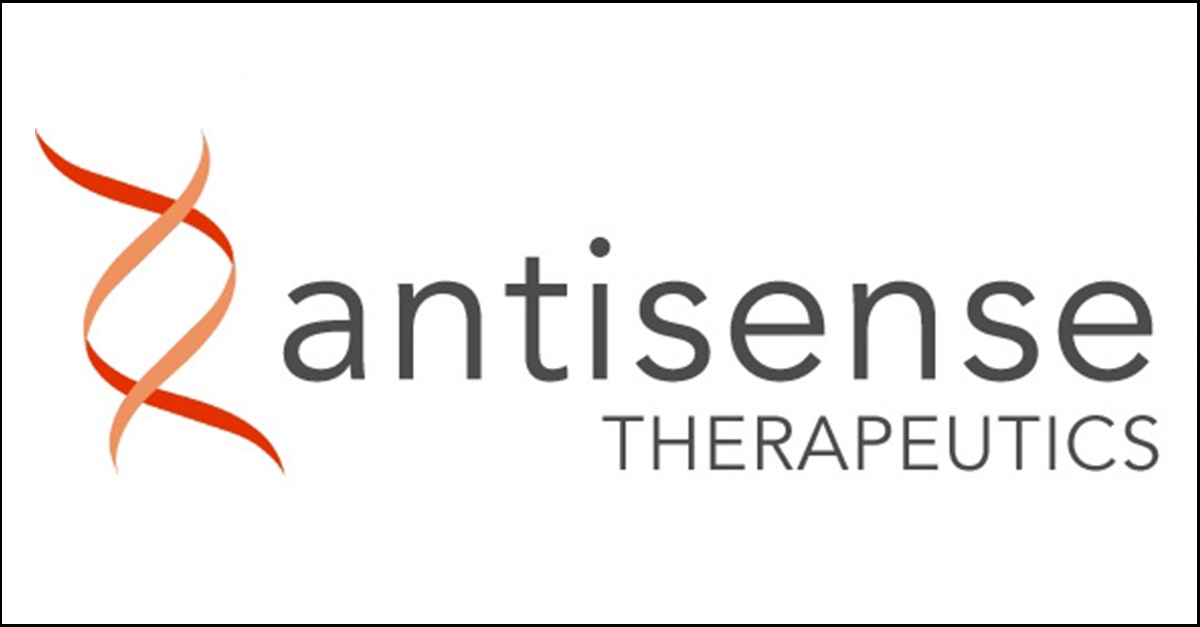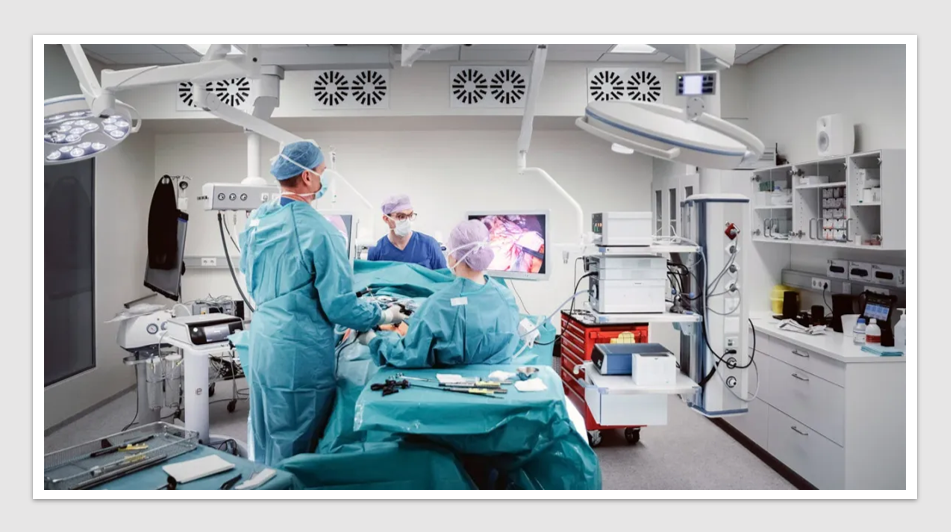News & Trends - Biotechnology
VIC biotech trials muscular dystrophy drug

A Melbourne biotech company developing a treatment for a devastating genetic disorder is looking to build on the promising results of a small study at the Royal Children’s Hospital.
Antisense Therapeutics is in talks with regulators in Europe to begin a pivotal trial of its drug candidate ATL1102, a possible treatment for boys confined to a wheelchair with Duchenne muscular dystrophy.
The severe form of muscular dystrophy effects about 1 in 3,500 newborn boys, causing muscle weakness, wasting and eventually an early death.
There’s no cure but Antisense chief executive Mark Diamond is hoping ATL1102 could be a better treatment option than the high-dose steroids currently prescribed.
“We know we have to show good clinical benefits to expect approval,” he said on Monday.
“But when we get to the higher doses, we think that’s achievable.”
The company on December 17 reported that seven of nine Australian boys with Duchenne muscular dystrophy treated with a low dose of ATL1102 had either improved their grip strength or shown no change after 24 weeks.
“Disease stabilisation or indeed improvement in functional scores in non-ambulant DMD boys is almost unheard of and a very encouraging result,” Dr Thomas Voit, director of the Biomedical Research Centre in London, was quoted by the company as saying.
Antisense is hoping to begin a Phase IIb trial in Europe in the second half of the year, comparing treatment with ATL1102 to steroids over the course of a year.
With no adverse affects reported by the boys in the Royal Children’s Hospital trial, the European trial will involve a higher dose of the drug that Antisense hopes will show additional benefits.
Given the limited number of options for treating the disease, European regulators have indicated ATL1102 could be approved straight away if the results are positive, bypassing the customary additional studies.
“That’s very exciting,” Mr Diamond said, although adding that it would still be about three years before the drug could be commercialised.
ATL1102 is a weekly subcutaneous injection that works by inhibiting a cell receptor in the body’s immune system to reduce inflammation.
It’s part of an emerging medical strategy called antisense therapy that uses drugs to target a patient’s RNA and essentially silence faulty genes that cause genetic disorders.
Mr Diamond said Antisense’s drug comes from NASDAQ-listed Ionis Pharmaceuticals, a leader in antisense therapy with three drugs approved. Antisense hopes to follow in the footsteps of Boston-based Sarepta Therapeutics, which has a treatment for muscular dystrophy that works only in about 14% of cases, when patients have a particular gene mutation.
You may also like Temporary permission granted by TGA to advertise salbutamol puffers and inhalers
Register FREE to receive the latest news, innovations and insights from Health Industry Hub; the only one-stop-hub connecting Australia’s Pharma, MedTech and Biotech industry professionals and its key stakeholders.
News & Trends - MedTech & Diagnostics

Bariatric surgery trumps Novo Nordisk’s Wegovy in cost-effectiveness and durability
MedTech & Diagnostics News: Bariatric surgery emerges as cost-effective, boasting superior and enduring weight loss outcomes over a five-year span […]
MoreNews & Trends - Pharmaceuticals

Aussie digital health company hits new milestone in AstraZeneca partnership
Pharma News: Fewer than 50% of asthma patients adhere to their prescribed preventative medications. An Australian digital health company has […]
MoreDigital & Innovation

Medical drone to reduce health equity gaps in rural and remote Australia
A specialised medical drone which increases accessibility to essential health services such as pathology, medicines, and telehealth services in rural […]
More